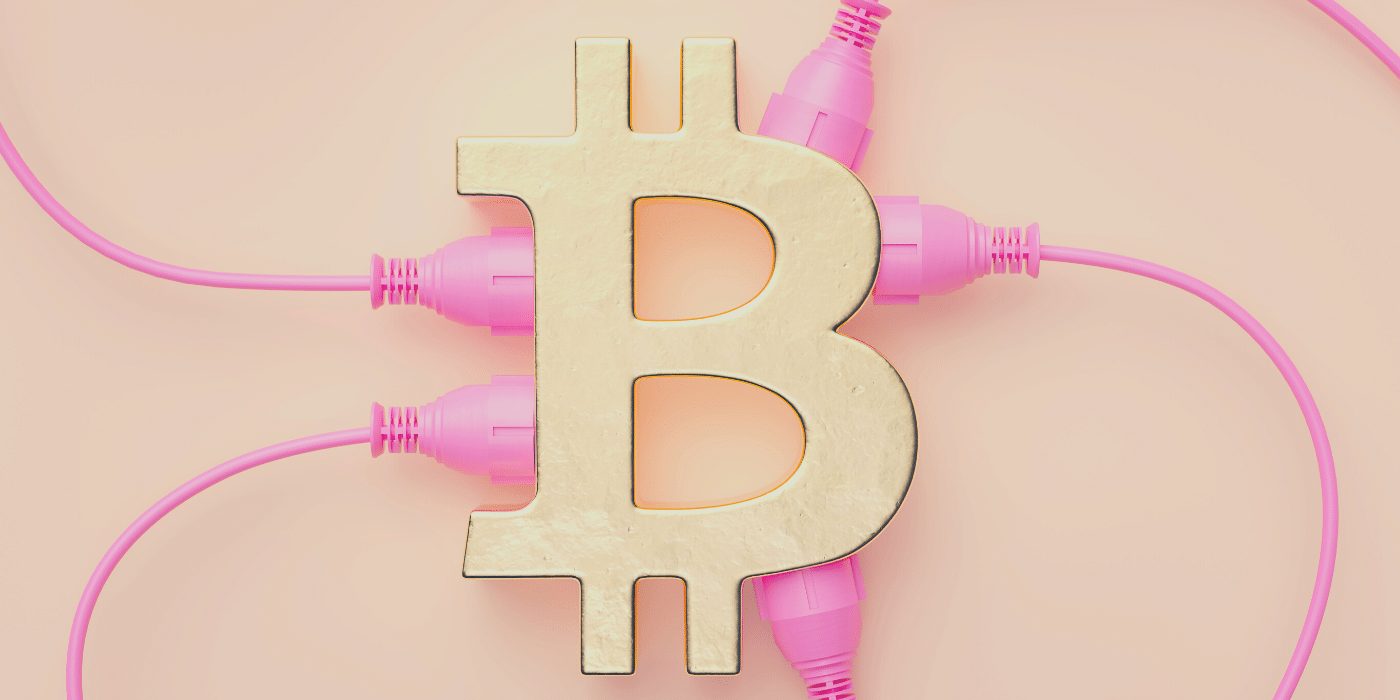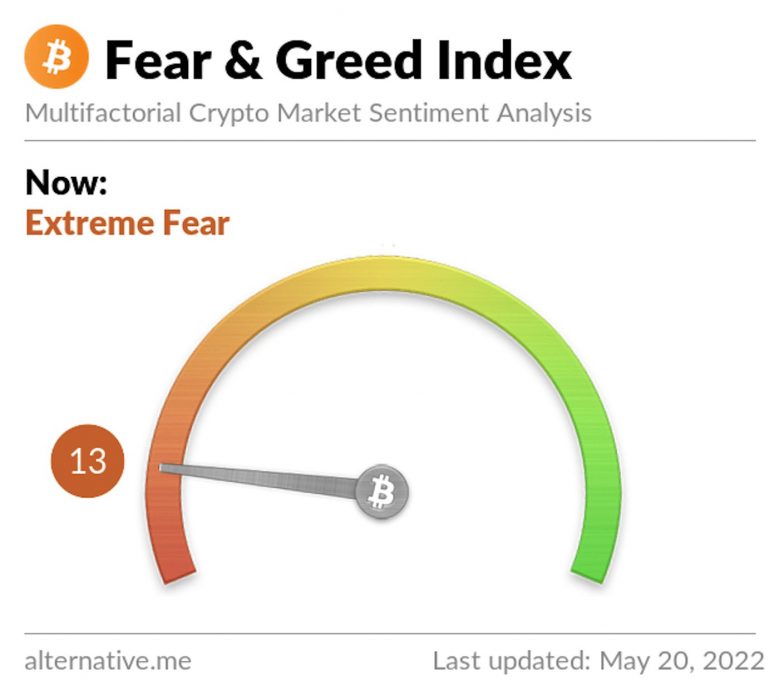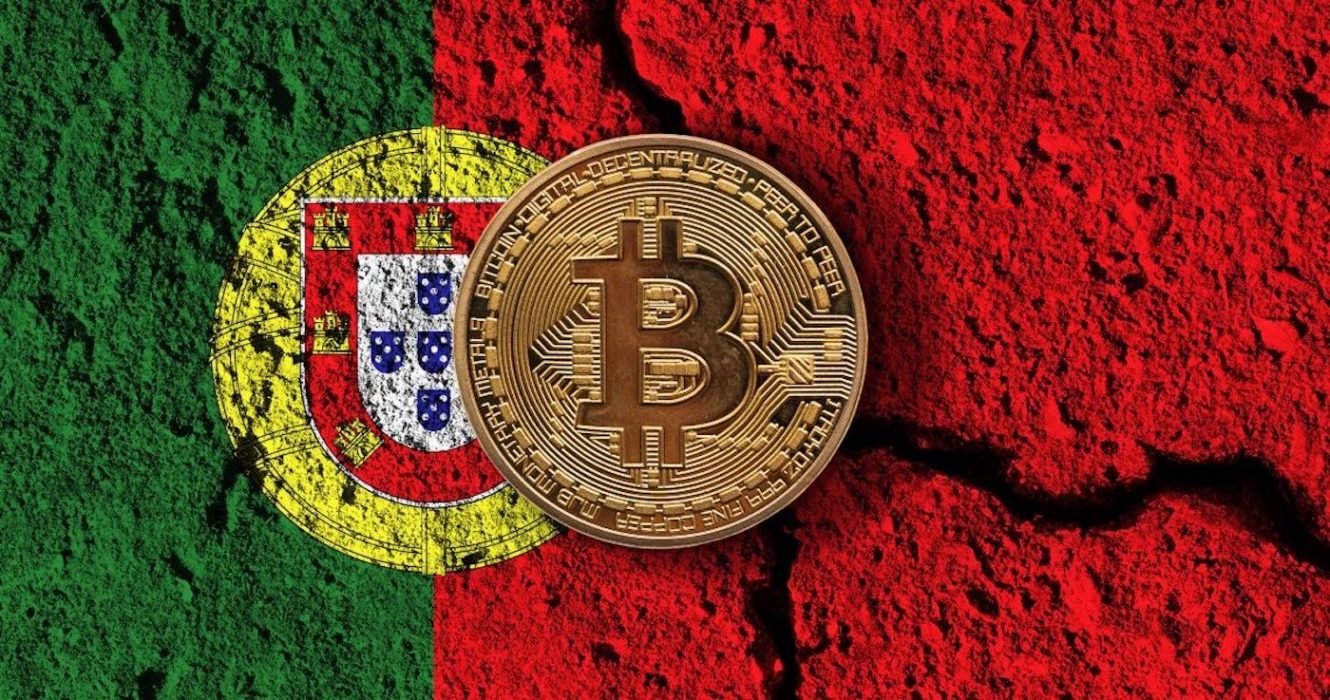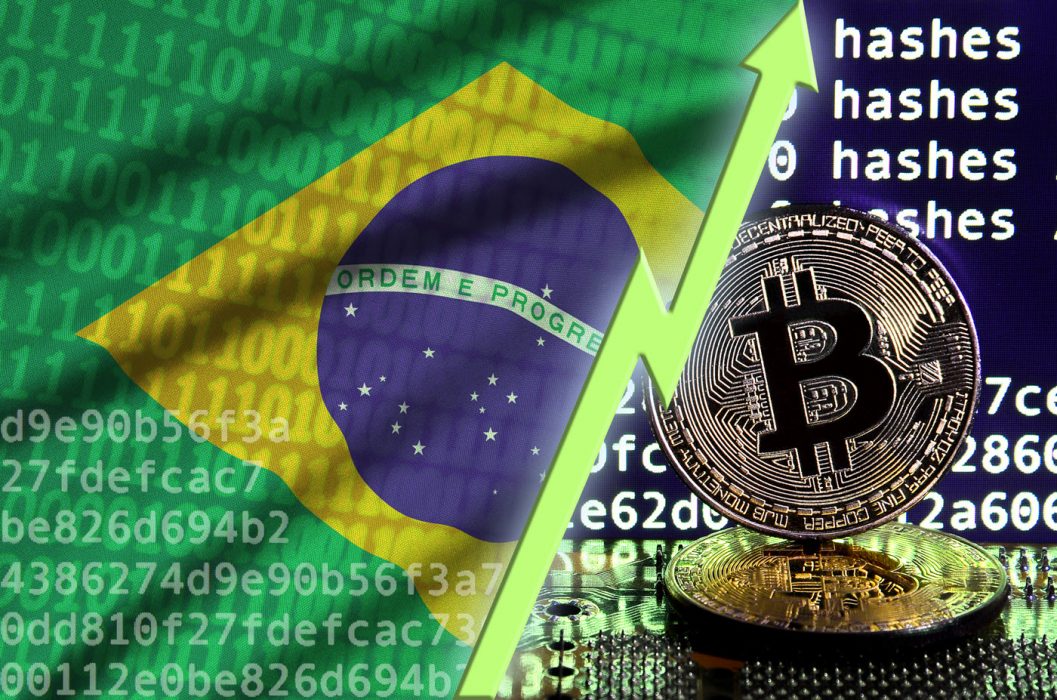Bitcoin mining could reduce global carbon emissions by 5.32 percent over the next 23 years by aggressively targeting leaked methane, according to a report by New Zealand-based entrepreneur and ESG (environmental, social and governance) analyst Daniel Batten:
Batten claims that bitcoin mining is the only “technologically feasible” method of reducing methane emissions, and says the practice could potentially reduce global warming by up to 0.15 percent by 2045.
In February this year, digital asset management firm CoinShares produced its own report suggesting that bitcoin mining was responsible for less than 0.05 percent of global carbon emissions, a figure CoinShares described as “inconsequential”.
No Need for Carbon Credits or Tax Incentives
Another report released in April showed that power consumption levels associated with bitcoin mining had decreased by 25 percent in the first quarter of 2022, yet Batten’s report maintains that mining remains more effective than leveraging carbon credits.
“Bitcoin mining is the only way to combust leaking methane that is both economically and logistically feasible without carbon credits or the governments of major industrialised nations needing to issue tax incentives and funding in unison,” Batten’s report says.
Bitcoin mining has shown early evidence of being able to scale with an exponential growth rate.
Report by ESG analyst Daniel Batten
“It’s easy to make a premature and superficial assessment based only on energy consumption that bitcoin has a net negative environmental impact,” Batten’s report adds. “Such reasoning is flawed, since net impact can only be established by considering both environmental cost and benefit.”
Earlier in May, the Bitcoin Mining Council issued a stinging letter to the US Environmental Protection Agency in response to proposed increased regulation of bitcoin and proof-of-work consensus mechanisms. It was endorsed by 50 signatories, including Jack Dorsey and Michael Saylor, and pointed to misconceptions in the EPA’s original letter of complaint.
Chief among these was that “bitcoin mining facilities across the US are polluting communities and are making an outsized contribution to greenhouse gas emissions”.















